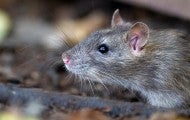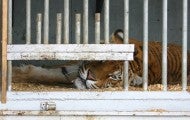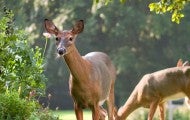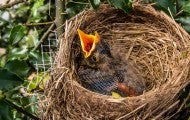Showing 9 of 9 results
Perhaps more than any other wild animal, rats have adapted to living among humans. Rats are adaptable survivors, consistently resisting increasingly dangerous and cruel attempts to exterminate them, from progressively stronger poisons (which can cause collateral damage to other wildlife) to a wide...







